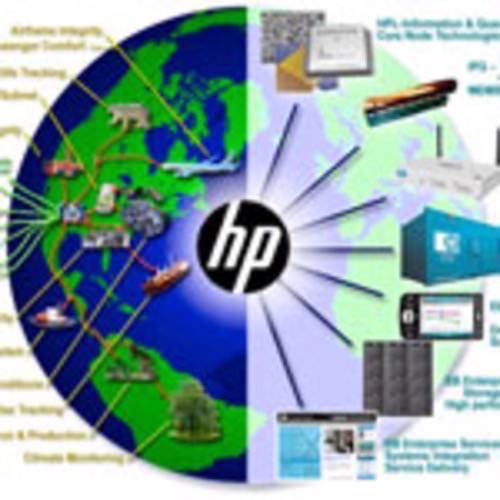Hewlett-Packard has finally had enough with trying to figure out what to do with its failed acquisition of mobile platform webOS. So, it is doing the easiest thing possible to get out from under the burden of supporting the platform: turning it loose to the open source community.

In its press release announcing the open sourcing of webOS, HP said all the right things. It will continue to invest and be an active participant. It will provide inclusive governance to avoid fragmentation. It will be purely open source. Those almost seems to be conflicting statements. HP may think that it is trying to create a new Android ecosystem, but HP and Google’s approaches to mobile are going in opposite directions.
HP bought webOS because it thought it could penetrate the consumer market with quality Palm-like devices. It also thought that the capabilities of webOS to connect to the cloud and enable Web-based mobile solutions would be a boon in the enterprise. HP fundamentally failed to create devices or compelling reasons for either consumers or the enterprise to adopt webOS.

So, HP is now distancing itself from webOS under the guise of making it open source. It presumably could not find a company willing to buy the platform so now it is taking the only avenue that is available. HP now has very little way to make money off of webOS. As a licensed open source project, it is not going to be able to sell licenses to the platform, the way Microsoft does with Windows Phone. Nor does it have Google’s clout in the advertising world to monetize webOS the way Android does. HP must pin its hope on the notion that developers, OEMs and carriers will pay HP for its software and cloud services in the development of webOS applications.
Herein lays the problem. As an open source project, developers will be able to choose whatever cloud and development tools they want. The fact that webOS is so closely tied to the Web does not help either because there are a variety of solutions to make HTML5 Web apps outside of HP. From the startup realm with companies like appMobi, Sencha, Appcelerator to enterprise developer companies like IBM and SAP, HP has no way to tie the development process to itself in an open source environment. Google has accepted this fact and lets the Android ecosystem do as it pleases because as long as people have Android devices in their hands, Google stands to make money from when and how they use the Web and native apps on the device.
Android may be open source, but Google ties itself very closely to how and when it can be used by OEMs and carriers. Throughout 2011, Google has moved to bind Android more closely to it, such as the fact that the Honeycomb version 3.0 was never made available to the public. This is where Google differs from HP. Google is tying Android closer to its home base. HP, out of necessity, has to push webOS away.

That may be a bad thing for HP, but it is not necessarily a bad consequence for the mobile ecosystem. By pushing webOS away, HP all of a sudden gives the mobile ecosystem an instantly viable platform to build off. This is not some half-baked project like MeeGo or Tizen. Palm and webOS have the code base to produce high quality smartphones now. Look for Samsung, HTC, LG and other OEMs to all of a sudden become very interested in what they can do with webOS.









